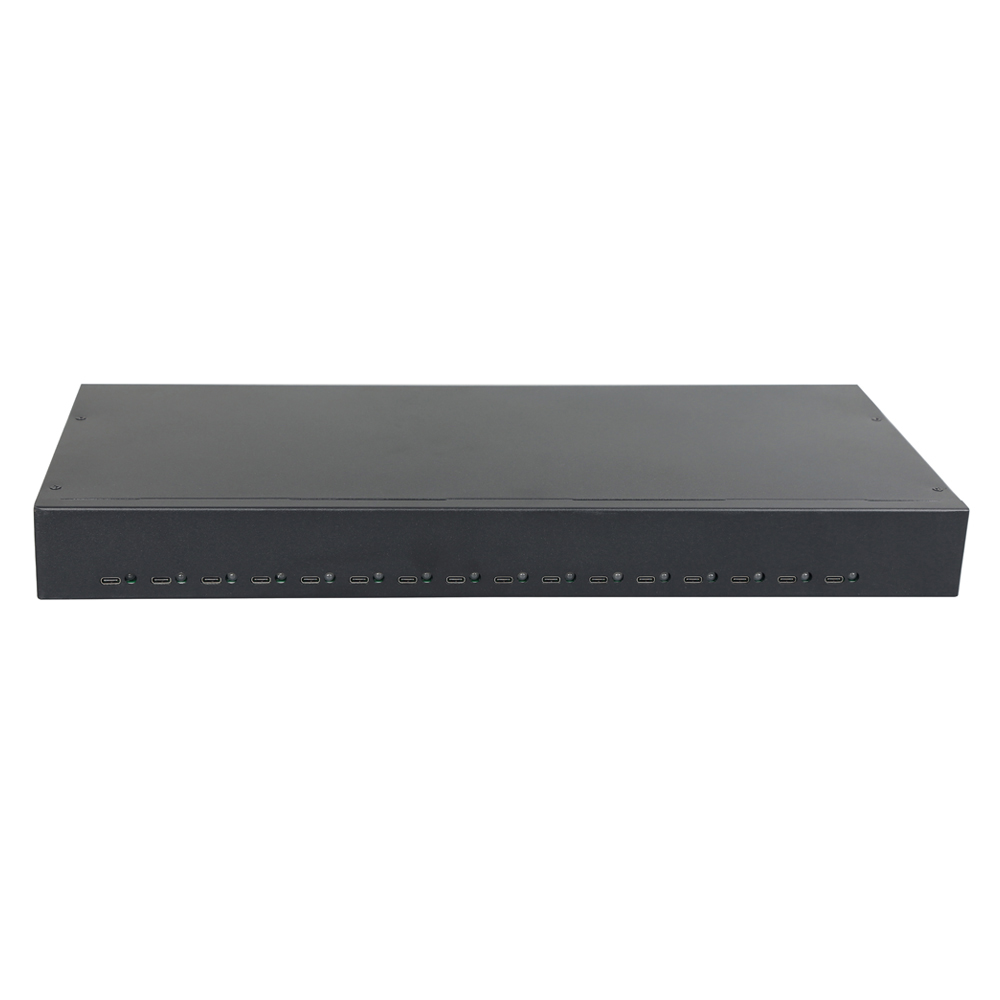In an era where connectivity is paramount, it is estimated that over 3 billion USB devices are in use worldwide. This staggering number underscores the importance of efficient data transfer and power management solutions, such as rack usb hubs.
An Introduction to Rack USB Hubs
Rack USB hubs serve as essential components in modern computing environments, particularly within server racks and data centers. These devices facilitate multiple connections for various peripherals while ensuring optimal performance through advanced features such as high-speed data transfer rates and robust power delivery capabilities. However, one must consider the trade-offs associated with these hubs; for instance, while they offer extensive connectivity options, they may also introduce complexities related to device compatibility and potential bandwidth limitations when numerous devices are connected simultaneously.
A Closer Look at 20 Port Powered USB Hubs and Their Trade-offs
The 20 port powered usb hub exemplifies a solution designed for high-demand environments requiring simultaneous connections for numerous devices. While this type of hub provides significant advantages in terms of scalability and convenience—allowing users to connect up to twenty peripherals—it also presents certain trade-offs. For example, the increased number of ports can lead to challenges regarding power distribution; if not managed properly, some connected devices may experience insufficient power supply or slower charging times due to shared resources among all ports.
Diving into Sipolar’s Trade-off Characteristics
Sipolar has emerged as a notable player in the market with its innovative approach towards rack-mounted USB hubs. The following points highlight their specific trade-off characteristics:
- Power Management: Sipolar’s design incorporates intelligent power allocation systems that prioritize critical devices but may limit overall output during peak usage times.
- Compatibility Issues: Although designed for versatility, some users report occasional incompatibility with older hardware models which could hinder seamless integration.
- Cable Management Challenges: With multiple ports comes an increase in cabling requirements; thus effective cable management becomes crucial yet challenging within confined spaces like server racks.
- Cost Considerations: While offering advanced features compared to standard hubs, Sipolar products often come at a premium price point that might not align with every budgetary constraint.
- User Experience Variability: Depending on individual setups and configurations, user experiences can vary significantly based on how well the hub integrates into existing systems.
A Conclusive Summary

The exploration of rack USB hubs reveals their indispensable role in enhancing connectivity across various technological landscapes. Despite their myriad benefits—including expanded connection options and improved efficiency—the inherent trade-offs cannot be overlooked. Factors such as power distribution challenges, compatibility issues with legacy equipment, cable management difficulties, cost implications, and variable user experiences play pivotal roles in determining whether these sophisticated solutions meet specific needs effectively. Ultimately, understanding these dynamics allows consumers to make informed decisions tailored to their unique operational requirements.
